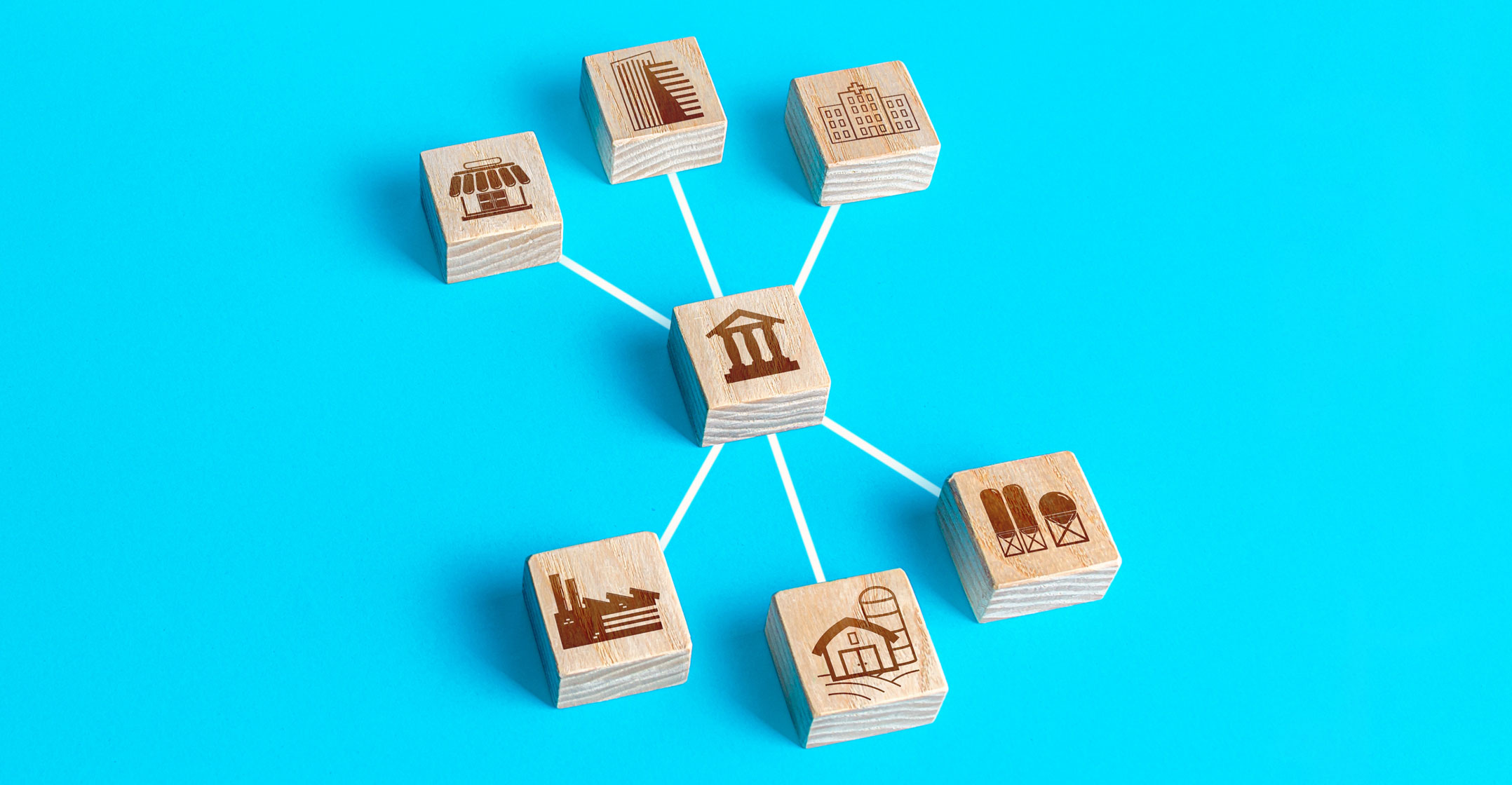
The Bill and Melinda Gates Foundation identified five key ways that African countries can include more than 400 million people into the digital economy, with one of the themes being open banking.
Open banking promotes fairness, competition and innovation by facilitating the secure exchange of individual and business data commonly held by banks, with authorised third parties. This is done to facilitate secure payments, account switching, and other non-bank products and services that offer various benefits to customers.
Data sharing is done via an application programming interface (API), a globally accepted standard for securely sharing and embedding data in an online environment. In addition to strengthening customers’ rights, it includes added security enhancements designed to reduce fraud via two-factor and biometric identification for certain transactions.
Open banking could revolutionise the banking system, address unbanked and underserved statistics, and improve economic conditions. The banking system is the lifeblood of the world’s economies and is the mechanism that drives economic growth by unlocking wealth, creating opportunities, providing jobs and facilitating commerce.
Just like every other industry in the world that has been touched by technology, the world of banking needs to evolve to serve its purpose more efficiently — and this is particularly true on the African continent, where so much potential could be unleashed with a new approach to financial services.
The African Continental Free Trade Area (AfCFTA) could see 30 million people lifted out of extreme poverty, while raising the incomes of 68 million more — but only if the continent’s estimated 400 million people who don’t have access to digital financial services have ways to access financial services that are not tied to banks. In other words, AfCTA’s success could depend on the roll-out of open banking across the continent.
Open banking allows financial services providers to create a broader range of inclusive products, giving unbanked and underbanked consumers access, for the first time, to private mortgages, savings systems, pension funds, insurance, investments and credit. It also encourages informed and more responsible banking behaviours, as well as giving micro-enterprises and contingent workers access to affordable and relevant financial services and products.
Opportunity is clear
Other practical benefits include overcoming a lack of documentation that puts up barriers to accessing financial products, with long-term outcomes including a reduced reliance on expensive formal or informal credit, as well as heavily indebted consumers being able to enter a debt rehabilitation service that will help them emerge from their credit quagmire.
With EY research showing that broader access to banking, savings and lending products could boost GDP by up to 14% in emerging countries, and up to 30% in frontier countries, the opportunity is clear.
With conventional — and exclusionary — banking practices focused on security and identity verification with few innovations to overcome the real obstacles in development markets, open banking pioneers have designed the system to prioritise similar, or even better, security steps, and players in the industry are self-regulating, too.
The Future of Privacy Forum, of which PayU is a member, brings industry, academics, civil society, policymakers and other stakeholders together to explore the challenges posed by emerging technologies, and to develop privacy protections, ethical norms and workable best practices.
Open banking is also subject to standards such as PSD2, the second Payment Services Directive issued by the European Union. The regulation builds on the previous directive by increasing customer rights and implementing new rules on surcharging and currency conversion. This makes it possible, through strong customer authentication, for third-party providers to access account information, in turn providing opportunities for new payment and account services.
 The continent’s banks are already setting plans in motion to encourage open banking solutions. In March 2021, the Bank of Ghana set out to encourage the development of its fintech sector, including facilitating open banking.
The continent’s banks are already setting plans in motion to encourage open banking solutions. In March 2021, the Bank of Ghana set out to encourage the development of its fintech sector, including facilitating open banking.
In South Africa, Nedbank and Investec are embracing open banking, and are already making open APIs available.
An intergovernmental fintech working group (IFWG) was established in South Africa in 2016, and having an innovation hub specifically to advance innovation in fintech. Collaborative in approach, the IFWG includes participation from national treasury, the Financial Intelligence Centre, the Financial Sector Conduct Authority, the National Credit Regulator, the South African Reserve Bank, the South African Revenue Service and the Competition Commission. It recently released its Project Khokha 2 report, which built on the Reserve Banks’ distributed ledger policy, trialling the concept for interbank payments settlements and exploring tokenisation.
In Nigeria, The Open Technology Foundation created the Open Banking Nigeria initiative to drive the adoption of common API standards in that country. This was followed by the Central Bank of Nigeria issuing a Regulatory Framework for Open Banking, defining how data sharing should happen within open banking.
The Central Bank of Kenya released a five-year digitalisation plan to develop the country’s payment industry, in 2020, strongly supporting open banking and emphasising the importance of defining standards for API development. At the same time, Kenya’s national treasury & planning department commenced drafting a digital finance policy with the intention of developing open banking infrastructure, protecting consumers, establishing financial system regulation and encouraging the development of the sector.
With open banking principles being in stark contrast to the historically very private nature of banking relationships, open banking could be a game changer on the African continent by making transactions more convenient and increasing the personalisation of banking services. It can give consumers new insights and ways to manage their money, as well as allowing access to new products and services that were simply not previously available to them before.
- The author, Karen Nadasen, is CEO of PayU South Africa

